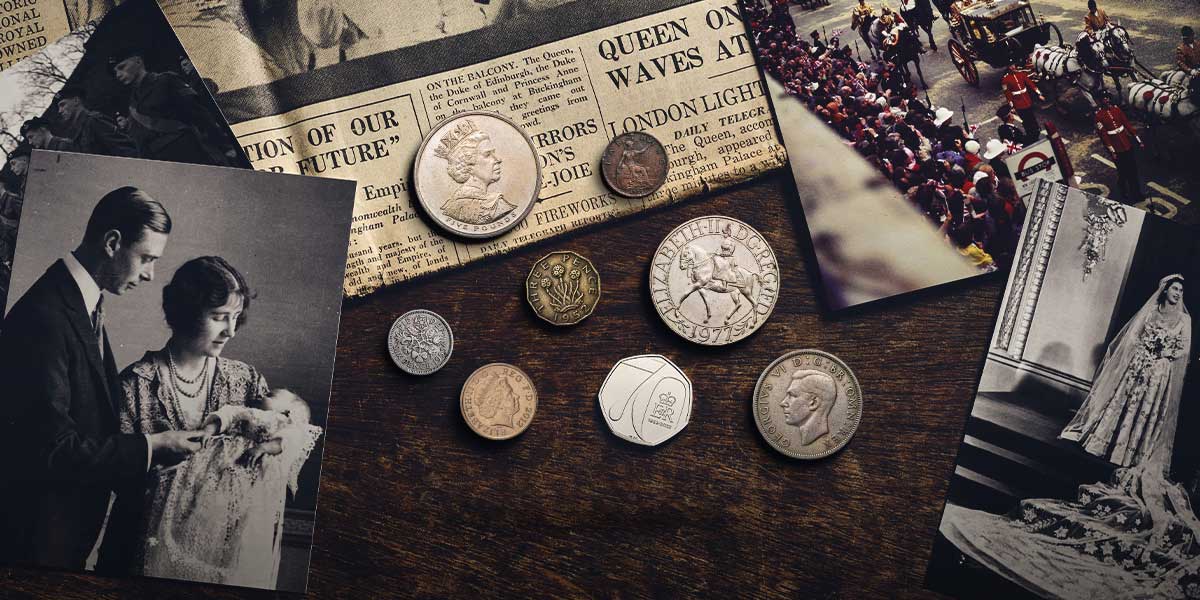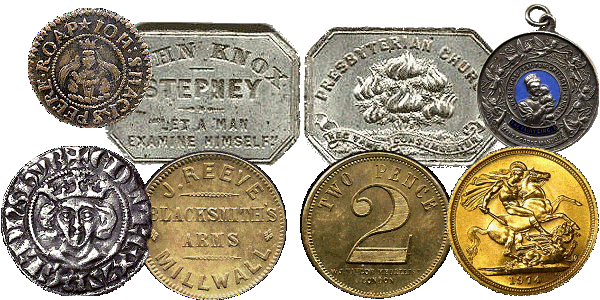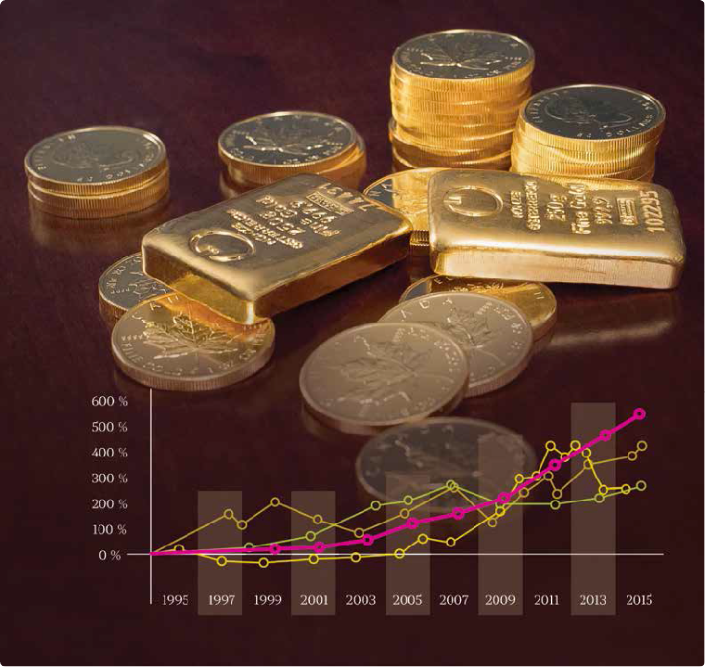Good News On Deciding On Banknote Holder And Rare Banknotes
Wiki Article
How Can I Find Regional And Global Associations In Numismatics?
A structured approach is provided for conducting this research. Here's a systematic approach to conducting such a research:Database selection: Select databases that specialize on the numismatic community, for instance, websites of the largest numismatic societies like the American Numismatic Association(ANA) or the International Numismatic Council(INC) or a regional associations such as the Numismatic Association of Australia. Academic repositories and databases, such as JSTOR allow access to conference proceedings and scholarly articles.
Define Research Focus: Specify your research objectives. You might be interested in the past of society for numismatics, their activities as well as regional collaborations and conferences or on particular numismatic subjects discussed by these associations. Find out the purpose of your research.
Search Strategies: Make use of keywords like "numismatic association", "global numismatics", "regional numismatic societies" and, if appropriate, include the names of organizations or geographic regions. You can filter results with advanced search features. This could include filtering by date, document type like conference papers or newsletters from associations, as well as by geographic coverage.
Access to data collection: Information on the background, mission, membership publications, as well as the activities of regional and global numismatic societies. You can find out more about the upcoming and previous conferences workshops, conferences collaboration research initiatives, etc. Look through databases to find information on the members, their contact information, and leadership.
Examine the data to determine the impact and function of global and regional numismatic organizations. Learn how these organizations can advance numismatics knowledge, encourage international collaborations, distribute information via conferences and publications, and foster international collaborations.
Cross-Referencing - Verify the accuracy of your findings by cross-referencing data from different sources and databases. Examine the different initiatives and actions undertaken by different associations to create the complete view of numismatic trends both at the regional and global levels.
Documentation - Record your findings with a reference to the sources you have used and noting any methodologies that were employed. Keep track of the details such as the databases you used as well as the search terms used, and how relevant each source was to your study.
Keep up-to-date: Numismatics organizations are constantly evolving. This includes new publications, collaborative projects, and conferences. To stay up to date on the latest developments in global and regional numismatics, keep a close eye on associations' websites as well as databases.
Follow these steps to use databases effectively to explore numismatics and global and regional associations. This method allows for a an in-depth study of the scholarly activities and structures that define the numismatic community at a global level. Read the most popular currency hints for website examples including bullion coins, obsolete currency, coin forum, austrian coins, german coins, banknote book, rare coins, coin history, yen, mint and more.

What Can I Learn More Information About Numismatics Specifically In Relation To Shows And Exhibitions Events By Utilizing An Numismatics Database?
To conduct research about exhibitions and shows in numismatics you'll need to use databases that contain details on numismatic activities, like conferences, exhibitions and other similar events. A structured approach is provided to assist you in conducting this research. For instance, websites belonging to a significant numismatic societies, such as the American Numismatic Association(ANA) or online platforms that showcase the activities of numismatic museums around the world, or exhibition archives.
Define Research Focus: Specify your research objectives. Are you keen to find out more about past and upcoming numismatic conferences local coinshows, regional coinshows, or educational exhibits and upcoming shows of coins? Find out what you are trying to find in order to reduce your search.
Strategy for searching: Use keywords to search for "numismatic" events and exhibitions, "coin shows", "numismatic conferences". If appropriate, you can also include event names or locations. Search results can be filtered by date, type of event (such conferences, exhibitions) or by geographical location with the advanced search feature.
Data Collection: Access data from past as well as current numismatic displays and events. Information on the dates, organizers, and locations of events, special themes or collections, exhibitors who are participating and catalogues, publications and publications that are associated with the event, and so on. It is possible to gather information. Find databases that offer virtual tour or digital access to exhibition material.
Analysis: Examine the data to understand the themes, trends, and educational purposes of numismatic shows and events. Analyze how different exhibits and shows increase the public's awareness of numismatics.
Cross-Referencing - Check the accuracy of your research by comparing information from different databases including event listings, official websites. This lets you do a thorough study and gain a complete view of the global numismatics.
Documentation. Document your research findings by citing sources, and recording any methodology you employed. Detail the databases used as well as the search term(s) and the relevance each source offers to your question.
Stay updated: Numismatics is a dynamic field, featuring numerous conferences, exhibitions and exhibitions. To get the most recent information about forthcoming events, keep an eye out for announcements from numismatic associations such as event organizers, specialized databases.
By following these steps, you will be able to allow you to use databases effectively to study numismatics in relation to exhibitions and show events. This method allows for a thorough study of the range and value for education of numismatic shows and events all over the world. Read the recommended federal reserve for site tips including banknote society, dime, banknote marketplace, antique banknotes, franc, banknote grading, currency society, currency appraisal, coin album, coin history and more.

What Is The Best Way To Use A Numismatics Database To Do Research On Authentication Services For Numismatics?
The study of numismatics in relation to authentication requires using databases that are focused on authentication of coins, authentication agencies, copyright detection techniques, and historical authentication practices. The following is a methodical procedure for conducting this kind of study The Database Selection Method: Choose databases specializing in numismatic authenticity and certification agencies, methods for copyright detection, as well as historical authentication. Some examples include websites of certification agencies such as PCGS, NGC, numismatic research platforms, and publications of the numismatic organizations.
Define Research Focus: Specify your research objectives. Do you have a particular interest in coin authentication history, authentication processes used at certification organizations, or technologies used to detect counterfeits or historical methods? Clarify the focus of your search.
Search Strategy: Use keywords such as "coin authentication," "certification agencies,"" "copyright detection," and also include the specific agencies or authentication methods (such as spectroscopy, micro-imaging) when appropriate. Use advanced search options for the ability to filter results based on the method of authentication, date and case studies.
Data Collection: Get information on authentication techniques employed by certification agencies. Collect details on the authentication requirements and techniques (such as coin imaging systems or the X-ray Fluorescence) and historical perspectives on coin authentication, and cases studies.
Analysis: Examine data to determine the effectiveness and authenticity of authentication services. Examine how certification agencies authenticate the coins, spot counterfeits, and ensure quality and consistency in the process of grading or authentication. Compare the practices of authentication across various organizations or technological advances over time.
Cross-Referencing: Check your research findings by cross-referencing data across various databases, certification agency websites, numismatic publications, and archives from the past. This ensures completeness and accuracy in your research, providing a comprehensive view of authenticating practices in numismatics.
Documentation - Record your findings in a structured manner by noting the sources and methods. Note the details of the databases you used, the search terms used as well as the importance each source offers to the research question you are trying to answer.
The authentication standards and technology continue to evolve to keep up with the latest technologies and threats. Check for updates from certification agencies as well as numismatic publications. industry report on authentication practices.
If you follow these steps, you will be able to effectively utilize databases to study the numismatics of authentication services. This technique will allow you to conduct a thorough study of the technologies, methods and traditional practices used to authenticate the authenticity of coins and provide insight into the validity and impact of authenticity in numismatic trading and in collecting. Read the best coin catalog for website examples including currency exhibition, coin society, rupee, coin artist, banknote show, rial, numismatic investment, legal tender, silver, banknote club and more.

How Can I Find Out More About Numismatics By Using A Database On Online Forums And Communities?
This involves utilizing forums and online communities which experts, enthusiasts, and collectors can share their knowledge and discuss current trends or display their collections. Here's a systematic method to carry out this research. Examples include forums like CoinTalk and Reddit's r/Coins and specific numismatic communities on social media platforms such as Facebook groups and LinkedIn.
Define Research Focus: Specify your research objectives. You might be interested in knowing more about current trends in collecting, or talking about specific coin types or historic periods. You may also require advice regarding the authenticity of your coins or grade them. Make clear the goal of your search.
Search Strategy - Choose keywords that match your particular interests (such as "numismatic groups," "coin communities," or "numismatic online discussions"), and include particular keywords (such as old coins, modern money, or paper currency) and search terms that relate to your topic of research. Utilize search functionalities within each platform to find relevant discussions and threads.
Data collection: Look for information in the threads, discussions and blogs of online communities and forums. Discover insights about collecting strategies such as coin identification and market trends, personal experiences, discussion of the historical or cultural contexts.
Analysis: Analyze your data to better understand the views and experiences of the members of the online numismatic community. Evaluate the credibility of information by evaluating the experience of the contributors, the consensus of the members on certain topics, and the depth of discussions.
Cross-Referencing Verify your findings through cross-referencing across forums and communities. Examine the insights of other communities to get the full picture of patterns, market sentiments, or professional advice from the Numismatics community.
Documentation: Write down all your observations, including specific threads or discussions. If you need to you wish to include citations of contributors. Note key trends, insights and views that are discussed in the online forums and communities.
Be active: Engage in the discussion Ask questions and contribute to it in order to gain new insights and to build relationships with the numismatics group. Stay informed with new threads, replies, as well as announcements to keep up-to-date with current discussions and trends.
These steps will assist you to use online forums or communities as well as other resources to do your research into the subject of numismatics. This method allows you to benefit from the collective knowledge and knowledge from a wide collection of experts and collectors. They can offer valuable insights and perspective on a variety of aspects related to coin collecting and identification. Follow the top banknote news for more recommendations including coin errors, coin marketplace, banknote club, banknote collection, shekel, banknote printing, coin release, real, bullion, nickel and more.

How Do I Search Databases In Numismatics To Locate Networking Opportunities?
To study numismatics in terms of networking possibilities You will have to utilize databases and platforms that facilitate connections between collectors, dealers and scholars in the numismatic world. A methodical approach is offered to assist you in conducting this kind of research. Examples include numismatic sites or online discussion forums (such CoinTalk, Reddit’s Coins) as well as social media (such Facebook and LinkedIn) groups, and professional social networking platforms.
Definition of Research Focus : Specify networking goals. Do you want to network with collectors, exchange information and experience, work with dealers in acquisitions or sales or collaborate with scholars in research projects? Clarify your interests to help you in your research.
Search Strategy: Include keywords like "numismatic network", "coin collectors forum", "numismatic social networks" and geographical areas, if relevant. Utilize search functions within platforms in order to locate relevant events, groups, and forums.
Data Collection: Obtain information on the networking opportunities available within the numismatics community. Information about groups, such as descriptions of the group and membership benefits, including the ability to participate in discussions and other events are crucial. Also, forthcoming events like auctions, conventions or shows should be mentioned and profiles of important individuals.
Analysis: Examine the data to determine relevant networking channels and opportunities. Evaluation: Assess the level of engagement in groups and forums. Also, assess the variety of participants (collectors/dealers and scholars), frequent updates and discussions and the potential for professional and scholarly collaborations.
Cross-Referencing: Confirm your findings by cross-referencing information across various databases, websites of numismatic societies and social media groups and professional networking platforms. You will be able to find numerous networking opportunities on different platforms.
Engagement: Actively engage in your networks of choice Contributing to discussions, providing insight, responding to questions, and sharing expertise. Establish connections with other dealers, collectors and scholars in order to build your network and share important numismatic information.
Documentation - Document your activities when you network, including the platforms you used, what groups you joined, what events you attended, as well as contacts you established. Keep track of opportunities explored and outcomes achieved through networking efforts.
Following these steps will allow you to explore the world of numismatics and networking possibilities. This approach will allow you to establish your personal or professional numismatic community, which can be utilized for collaborations or information exchange as well as participation in numismatic gatherings. Follow the most popular currency appraisal for website advice including krona, copyright detection, yen, coin expo, slovak coins, banknote society, banknote storage, yen, slovak coins, banknote artist and more.
